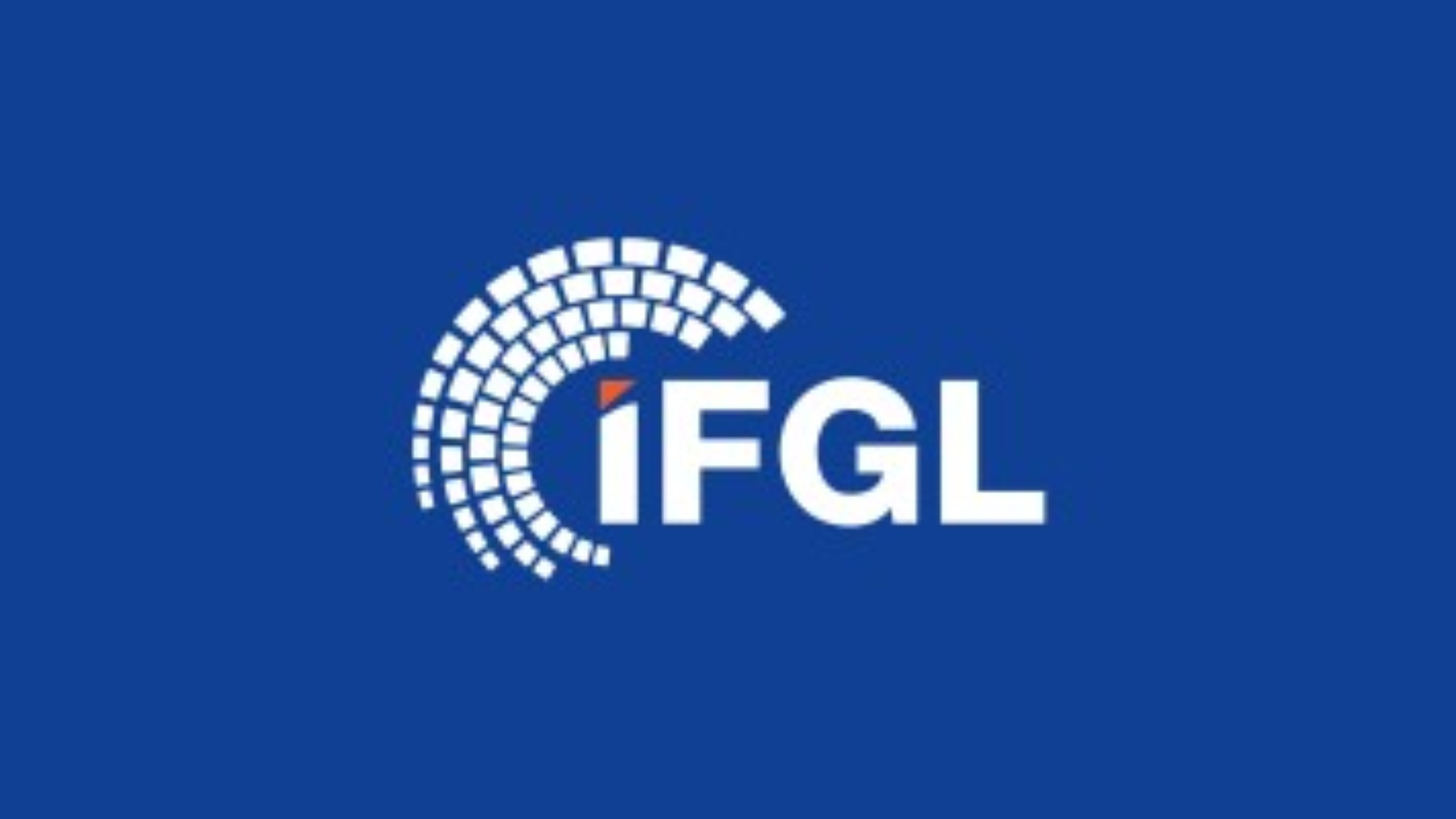Board Effectiveness Simplified: A Practical Guide + 28 Sample Questions
According to PwC, 54% of directors believe they have a very effective board evaluation process. Yet, even the most capable boards can benefit from structured feedback and continuous improvement.
At Dess Digital Meetings, we help organizations streamline this process with secure, user-friendly tools that make board evaluations more meaningful and actionable. This guide shares best practices, 28 sample evaluation questions, and how technology can simplify implementation.
What You’ll Learn in This Guide
• How to conduct a board evaluation questionnaire and choose the best method
• Sample board evaluation questionnaire questions
• Local considerations for global markets
• Common challenges during evaluation season
• A practical use case for application
• How templates and technology can help
Why Board Surveys Matter
Board surveys provide a structured way to assess board performance and alignment with governance best practices. They help identify strengths, uncover blind spots, and create a roadmap for continuous improvement.
Board Engagement Surveys
These measure how actively directors contribute to meetings and strategic initiatives. They uncover:
• Mission alignment: Are directors engaged and aligned with organizational goals?
• Areas for improvement: Where can communication or collaboration be strengthened?
• Board dynamics: Does culture need attention to build trust and collaboration?
• Decision-making quality: Are disengaged members slowing down progress?
Board Effectiveness Surveys
These evaluate the board’s overall performance and individual contributions:
• Strategic oversight: How effectively does the board set long-term goals, manage risks, and ensure accountability?
• Individual performance: Are directors well-prepared, collaborative, and strategic in discussions?
• Opportunities for change: What governance gaps or alignment issues need attention?
• Comprehensive scope: Consider processes, committees, leadership, board–CEO relations, culture, and development.
How to Conduct a Board Evaluation Questionnaire
1. Plan Your Goals
Define the purpose of your evaluation — performance, compliance, director accountability, or all three. Clear goals will ensure the process is focused and actionable.
2. Set Out Your Questions
Use a mix of quantitative (ratings, scales) and qualitative (open-ended) questions to capture both data and insights.
Example quantitative:
• On a scale of 1–5, how effective is the board’s leadership?
Example qualitative:
• What specific skills or experiences are missing from the board that could enhance governance?
3. Choose the Right Method
• Paper-based surveys: Personal, but time-consuming, less secure, and inefficient.
• Online surveys: Faster and more convenient, but may raise concerns around data protection if using generic tools.
• Board management software: The most efficient and secure way, with built-in templates, encrypted data collection, and real-time analytics.
With Dess Digital Meetings, boards can distribute surveys securely, gather feedback seamlessly, and generate insights instantly.
4. Analyze Results & Act
Compile findings, identify trends, and turn insights into action plans. Use data to highlight strengths, address weaknesses, and improve governance processes.
28 Sample Board Evaluation Questions
Board Composition & Leadership
1. Does the board have the right mix of skills and perspectives?
2. Are succession planning and recruitment aligned with long-term goals?
3. How well do directors complement each other’s expertise?
4. What skills or backgrounds are missing?
Committees
5. Do committees have clearly defined roles?
6. Are they structured to support overall board effectiveness?
7. How effectively do they report back?
8. Are committees adequately resourced?
9. What improvements could be made?
Board Meetings
10. Are meetings well-structured with clear objectives?
11. Is there enough time for discussion and decision-making?
12. Do members receive materials in advance?
13. Do meetings foster open and productive dialogue?
14. What could be improved?
Self-Assessment
15. Do you contribute meaningfully to discussions?
16. How well do you understand your responsibilities?
17. Do you feel informed about finances, strategy, and risks?
18. What resources would make you more effective?
19. How can director development be improved?
Engagement
20. Do you receive concise pre-meeting information?
21. Does the board communicate openly?
22. Are directors actively engaged during meetings?
23. Do discussions focus on strategic priorities?
24. Do members contribute expertise?
Overall Effectiveness
25. Does the board collectively hold itself accountable?
26. Are skill gaps addressed with training or recruitment?
27. Does the board understand and uphold organizational values?
28. What is the board’s greatest strength — and its biggest opportunity for improvement?
Global Considerations
• US boards: Must comply with SOX and SEC rules.
• UK boards: Consider diversity guidelines (e.g., Parker Review).
• Indian boards: Align with SEBI governance standards.
Adapting your evaluation to local regulations ensures compliance and relevance.
Common Challenges in Board Evaluations
• Time-consuming questionnaire design
• Data security risks in collection
• Delays in analysis and reporting
• Global participation barriers
Dess Digital Meetings solves these by offering templates, secure data handling, real-time dashboards, and global accessibility.
A Practical Example
An executive secretary at a mid-sized financial institution implemented Dess Digital Meetings to manage evaluations and meetings.
Benefits achieved:
• 40% faster evaluation process
• Higher director participation and honest feedback
• Secure, centralized platform ensuring confidentiality
The Bottom Line
Board evaluations are not just a compliance exercise — they’re a catalyst for better governance, stronger board culture, and sharper decision-making.
With structured surveys, practical questions, and secure digital tools like Dess Digital Meetings, your board can transform evaluations from a chore into a driver of growth and accountability.




